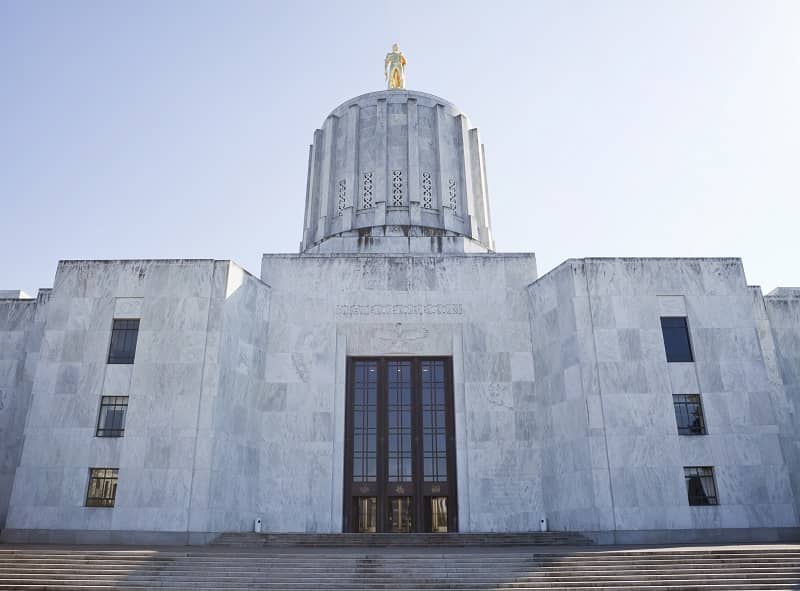

Summary
Al Gore’s recent Nobel Peace Prize for his work on climate change has intensified calls for drastic measures to slow “global warming.” However, the global climate is an incredibly complex system known to change throughout history. We need to ask some common-sense questions about the science of climate change and what are truly the best ways to deal with it.
Word count: 717
Al Gore’s recent Nobel Peace Prize for his work on climate change has intensified the calls for drastic measures in the United States and abroad to suppress carbon emissions and to slow what he and others call “global warming.” His supporters propose a litany of taxes and regulations to achieve this end. But before governments reach into taxpayers’ wallets to fund these proposals, they should consider a few common-sense conditions necessary for Gore’s costly proposals to make sense.
The first and most obvious condition requires evidence the climate is actually changing. This may be widely accepted, but it is important to note that the climate has changed constantly since prehistory.
If the climate is actually changing, we reach the second condition: For any government action to be productive, human carbon emissions must cause global warming. According to Gore’s scientific supporters, this link is proven fact. However, these scientists have yet to produce a model which accurately uses carbon emissions to explain past temperature variation. Considering carbon emissions as the control knob on the global thermostat when current science is unable to use carbon emissions even to accurately model past climates is irresponsible public policy.
Third, even if scientists eventually establish the causal link between carbon emissions and warming, government involvement is not justified unless the change is proven to be for the worse. The global climate is an incredibly complex system, and any change may make the world a more hospitable or less hospitable place. Some places will benefit, others will suffer. But the idea that halting climate change is in all ways preferable rests on the dubious condition that the global thermostat is currently set just right.
Fourth, even if bright scientists can show that the coming human-caused warming will have significant net negative effects, action is only justified if that action has a good chance of stopping the change. This is often not the case.
Oregon recently set state carbon reduction targets and plans to embark on an ambitious and expensive plan to build power plants that emit zero carbon. Even if limiting carbon emissions is the way to turn down the global thermostat, Oregon’s carbon emissions are only a tiny fraction of the global total. Oregon’s actions will be expensive – but meaningless – gestures without an effective global carbon control regime. Assembling such a regime is a Herculean task that would require us to ask the developing world to forego the same technologies that brought the developed world into the industrial age. We should be morally uncomfortable making this request unless gains are certain and large.
Even if Gore could solve the collective action problems and orchestrate a global reduction in carbon emissions to prevent any harmful climate change, it still may not be the wisest move. The costs of preventing climate change may be many orders of magnitude greater than the costs of adapting to climate change.
Two frequently cited negative effects of climate change are higher sea levels and the spread of tropical diseases like malaria. If these problems actually materialize, building levies and buying DDT and malaria nets are likely to be much, much cheaper than forcing the wholesale abandonment of energy sources that have powered human progress since the Industrial Revolution.
This discussion of cost also sets aside the fact that there are finite resources for any social program spending. Spending to prevent global warming may divert funding from other programs like HIV prevention, sanitation or vaccinations which yield much higher tangible reward for each dollar spent.
Calls to action to prevent climate change are an updated and equally flawed version of political economist Friedrich Hayek’s “fatal conceit.” The term describes the arrogance of socialists who thought that, with enough power in the hands of the right planners, men could engineer planned economies to greater prosperity than the supposed chaos of the free market. But every locale in which the planners tried their system ended up in despair – hence a “fatal” conceit. Planners could not even plan tiny Cuba out of abject poverty.
Today, we see planners like Al Gore promise that, with enough money and power, they can optimize an even more complex system: our climate. If planners could not get Cuba’s economy right, I do not think we should trust or fund big government’s efforts to control our weather.
Attention editors and producers:
Cascade Commentaries are provided for reprint in newspapers and other publications, with credit given to author(s) and Cascade. Contact Cascade to arrange print or broadcast interviews on this commentary topic.
Electronic text files are available online at www.cascadepolicy.org.
Please contact:
Nancy Wheaton
Cascade Policy Institute
4850 SW Scholls Ferry Rd.
Suite 103
Portland, Oregon 97225
Phone: (503) 242-0900
Fax: (503) 242-3822
www.cascadepolicy.org
info@cascadepolicy.org
Cascade Policy Institute is a tax-exempt educational organization as defined under IRS code 501(c)(3). Nothing appearing in this Cascade Commentary is to be construed as necessarily representing the views of Cascade or its donors, or as an attempt to aid or hinder the passage of any bill before any legislative body. The views expressed herein are the author’s own.











